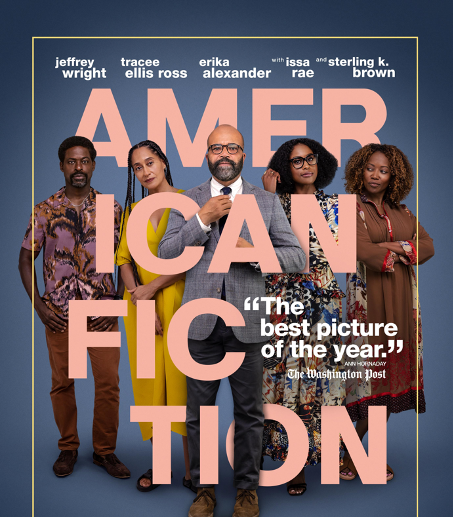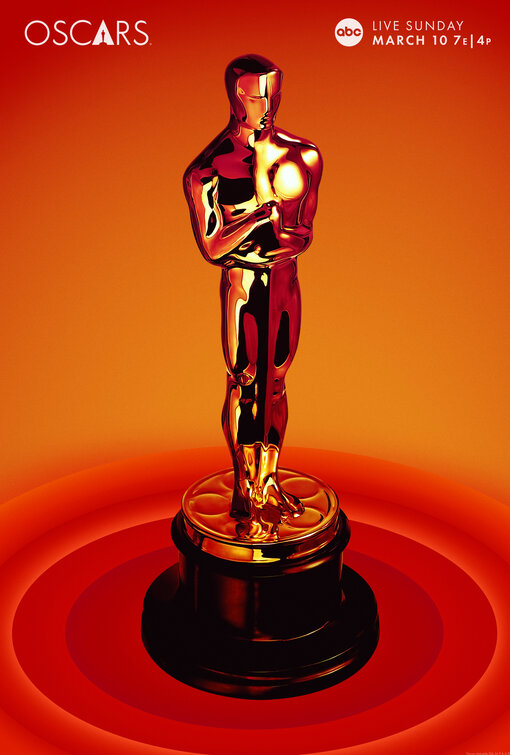
There are a lot of Hollywood directors whose styles blend together, making most movies today feel voiceless and bland. Wes Anderson is a director who does the exact opposite giving his films a certain charm and style. Although critics receive his work with very mixed opinions, Anderson proves, time after time, that he has a great love for the art of filmmaking.
Anderson’s French influences are clear. He uses shots and filmmaking techniques borrowed directly from that style of cinema. Critics and film analysts have compared scenes from his 1998 film, “Rushmore,” as nearly shot-for-shot representations from scenes in “The 400 Blows” – a French film classic. While French cinema is usually a stark contrast from what is made in America, Anderson flawlessly connects the two types of film, broadening the audience for a normally niche set of film fans. As one who typically cannot stand French cinema, I appreciate Anderson’s work as a middle-ground between forms.
Anderson’s scripts are light-hearted, fun and quirky, embracing a lot of recurring themes: the innocence of youth, familial dysfunction and love. Although the tone of some films, especially “The Royal Tenenbaums” and “The Darjeeling Limited,” are darker than films like the animated “Fantastic Mr. Fox,” there is always a dependable amount of well-written humor to add some levity to the proceedings.
The quirk factor and the strange dollhouse-esque settings of Anderson’s films are particularly reminiscent of Federico Fellini. The legendary Italian filmmaker was notorious for fictionalizing his characters to the point that they seem almost like cartoons. The two filmmakers take us out of the monotony of the real world, and place us in a realm of heightened normalcy for our entertainment.
Anderson uses a consistent cast that is always a pleasure to see from film to film. Bill Murray and Jason Schwartzman always seems to find a way into his movies, as well as repeating roles from the Wilson brothers (Owen and Luke) and Anjelica Huston. More recent additions include Bruce Willis and Edward Norton. In a single movie, not one of the characters is exactly like another; the range of characters that Anderson creates is limitless, from Murray’s maritime explorer in “The Life Aquatic with Steve Zissou” to the precocious and incredibly intelligent Max Fischer (Schwartzman) in “Rushmore.” Every Anderson film is unique, yet still retains the same tropes that audiences have grown to love from the director.
My first experience with Anderson’s films was “The Royal Tenenbaums,” which used to air on Comedy Central far too often. The film is humorous, but I never understood the actual comedic value until I re-watched it on my own. Conversely, I fully appreciated his movies when I first saw “Rushmore,” a film so well-written, well-casted, and well-directed that it became one of my all-time favorites. It tells the tale of a young man named Max Fischer as he dips his toes in a number of extracurricular activities, leading to his academic decline and eventual expulsion from the school he loves, Rushmore Academy.
The rest of the movie delves into the relationship between Fischer and his industrialist friend (excellently-played by Murray), and their mutual pining for the affections of a certain elementary school teacher. The back-and-forth revenge with the two male leads was humorous and enjoyable. After “Tenenbaums” and “Rushmore,” I was eager to seek out other Anderson films.
Since Anderson’s quirkiness and strange cinematic choices – like his trademark God’s eye view and uncanny neatness – are so peculiar, his style can be difficult to become acquainted with. Moreover, his close association with French avant-garde film, particular Jean-Luc Godard, can restrict him in a somewhat niche genre. But even though his filmography may not be for every movie viewer, it behooves any cinephile to give him a chance. Anderson is a director with a voice: something atypical of Hollywood that breaks the monotony of modern American cinema.
Jeremy Paskoff can be reached at [email protected].












